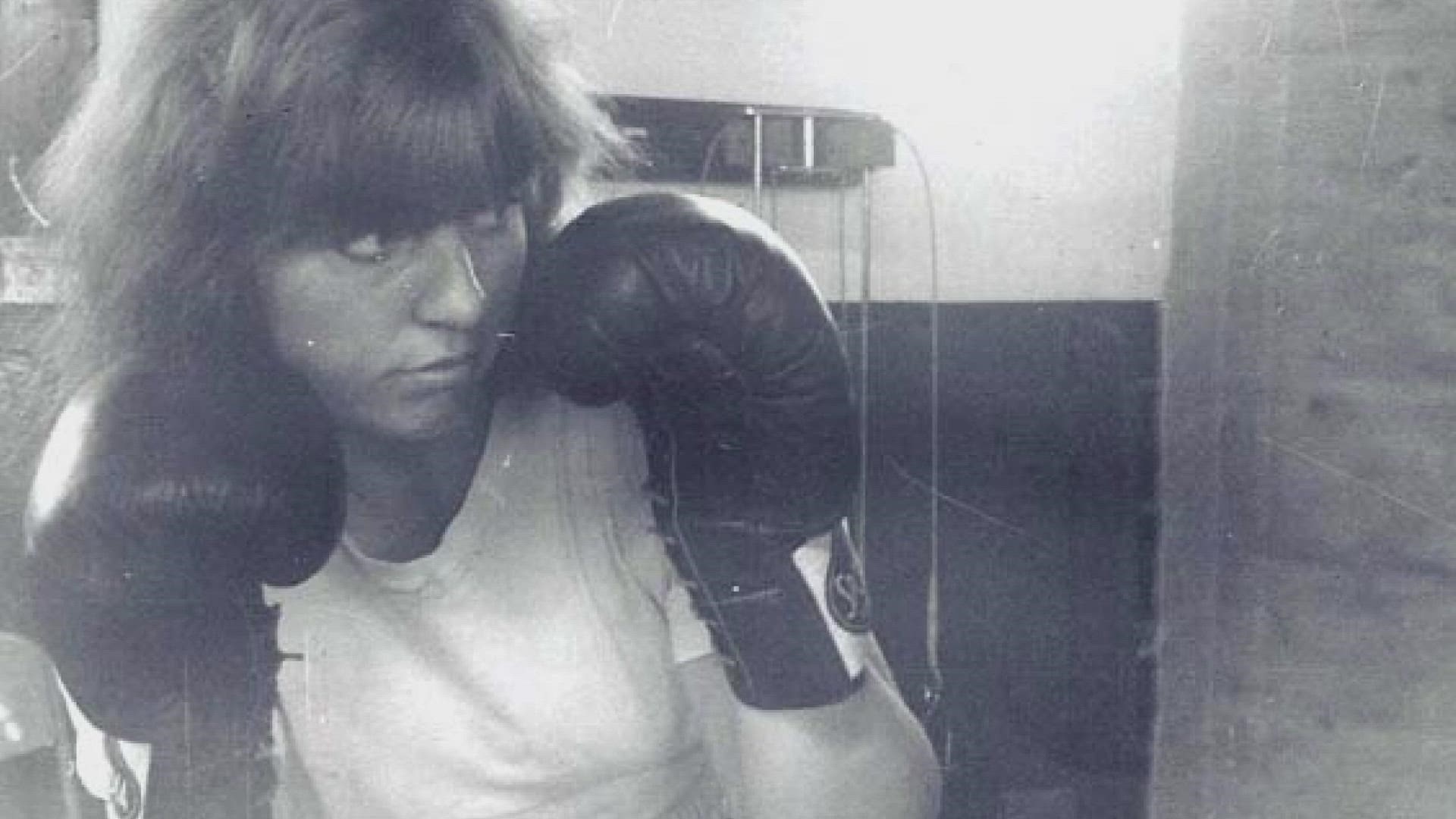VANCOUVER, Wash. — We're all on this planet to hopefully lead fulfilling lives, to do as much as we can each day. Vancouver woman Sue Fox can say she's done that and then some. Fox is a mother, a retired police officer of 18 years, a musician and one of the first women to box professionally in the United States. And she did it all as a breast cancer survivor.
"I didn't know how to fight, but I went after him," Fox said. "I mean, I was just like, boom boom boom, you know? My coach goes, 'Oh God, your Tiger Lily. You're like a wildflower.'"
And that's how she became known as Sue "TL" Fox. It was 1975, Fox was in her 20s, and she had a black belt in karate.

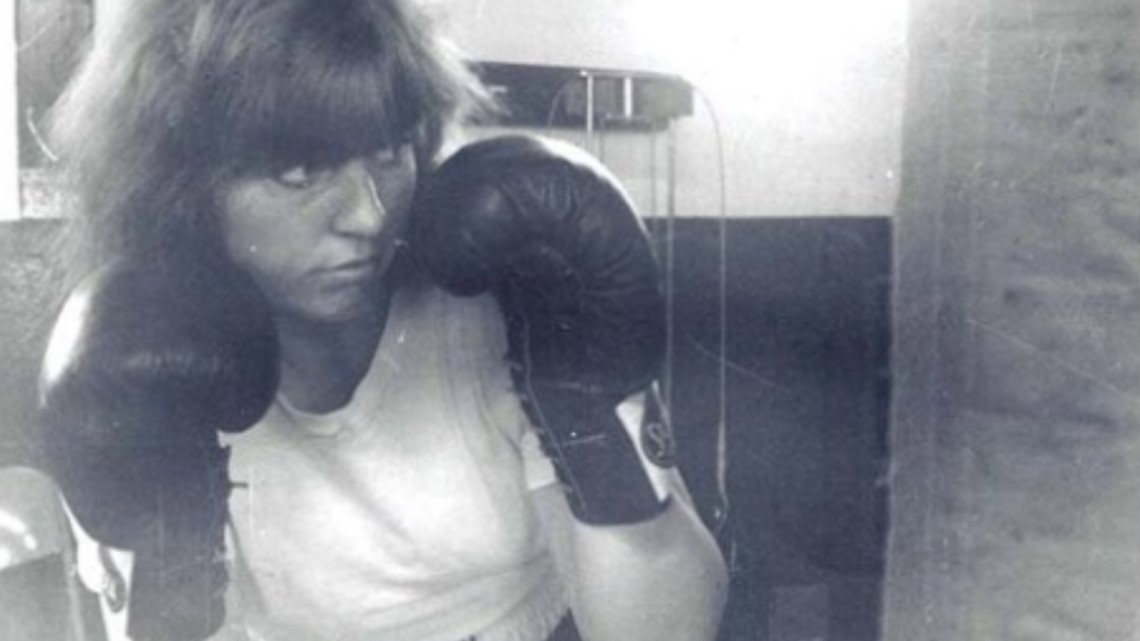
"One day I came home from the karate school and I see the TV and there's a couple of women boxing," Fox said. "I had no idea women boxed. That was at the Expo Center. I saw how they were fighting and thought, 'Oh my God, I could beat them without any boxing experience.'"
Fox started going to the boxing gym and learned how to box. She steadily improved, finally getting her name on tournament cards. But back then, only the men got their photos featured on the posters with the top billing in big bold letters. Female fighters were in small-type font, at the very bottom.

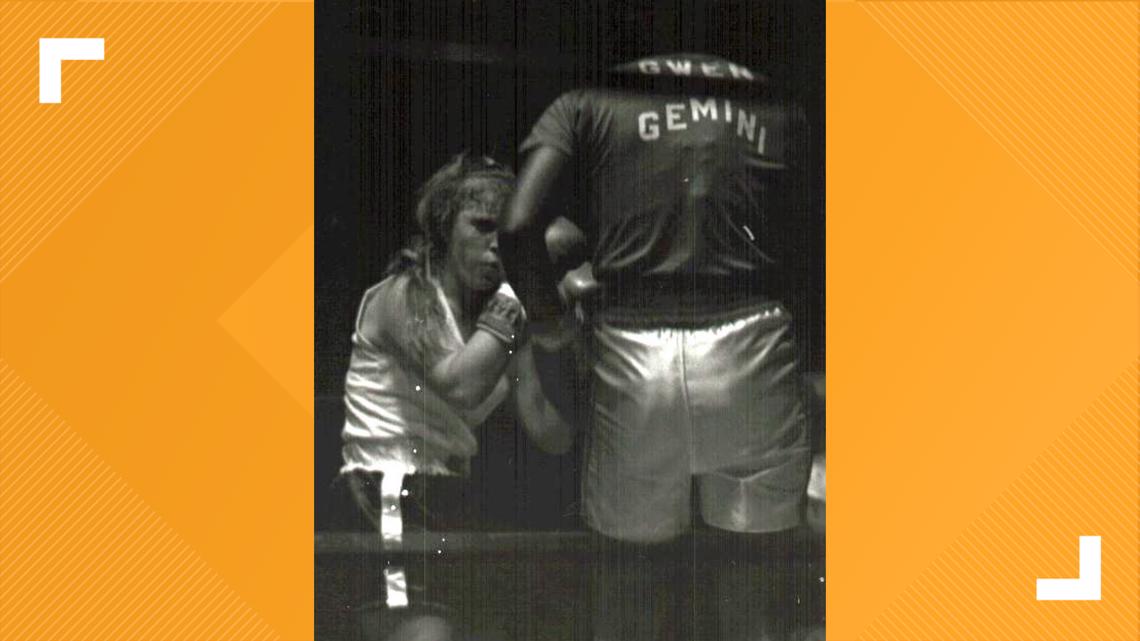
When Fox was doing karate, she paid to enter fights and tournaments. But in boxing, back then, she said women could make between $200 and $400 for a four-round boxing match. She wanted in. But it was a rough start. She was naïve and new to the sport. Often, Fox was matched against more brutal fighters. She said she got concussions, but still won. Fox boxed professionally for three years.
"In 1979, I was rated No. 1 in the world," Fox said.
But her dream was to become a police officer. She left the sport to have kids, and then in her 30s, it was time to start applying to police agencies.

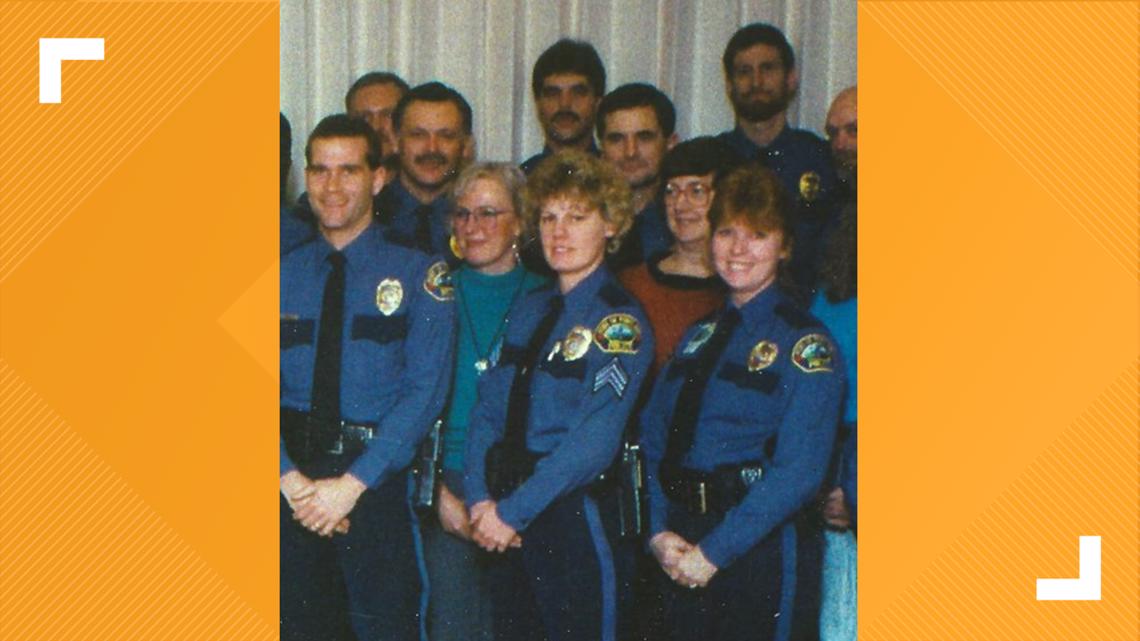
"The doctor was giving me my physical for the police agency. And he felt a lump in my left breast. And he said, 'I do not like the feel of that lump,'" she said.
It was breast cancer.
"I was in the best shape I was ever in," Fox said. "I was working out five days a week. I was ready to become a cop. I was on the list. And I go, 'Oh my God, are you kidding me?'"
Fox went through the gut-wrenching process of having her breast removed, followed by reconstructive surgery, when the police chief called with a job offer.
"He goes, 'Why can't you take the job?' And I said, I don't know, uh, I, well, maybe, uh, well, because I had breast cancer! And he says, 'So? So take the job!'" Fox said.
She did take the job, and fought through the rigors of weeks working out in the police academy while quietly going through chemotherapy at the same time. Her hair started to thin and turn a weird orange. She said some people started to notice and she divulged her secret. Her colleagues immediately supported her and were amazed.
The cancer stayed away, and Fox became an officer with one police agency in Portland and later an undercover drug detective for another for 18 years. Because she worked undercover with dangerous people and still lives in the area, she doesn't publicly disclose which agency.
"When my kids were in school they would say to their friends, 'She's a police officer. She was a boxer when she was young. She's a black belt in karate. She's a musician.' They go, 'Yeah right, sure. Tell us another story,'" Fox said.

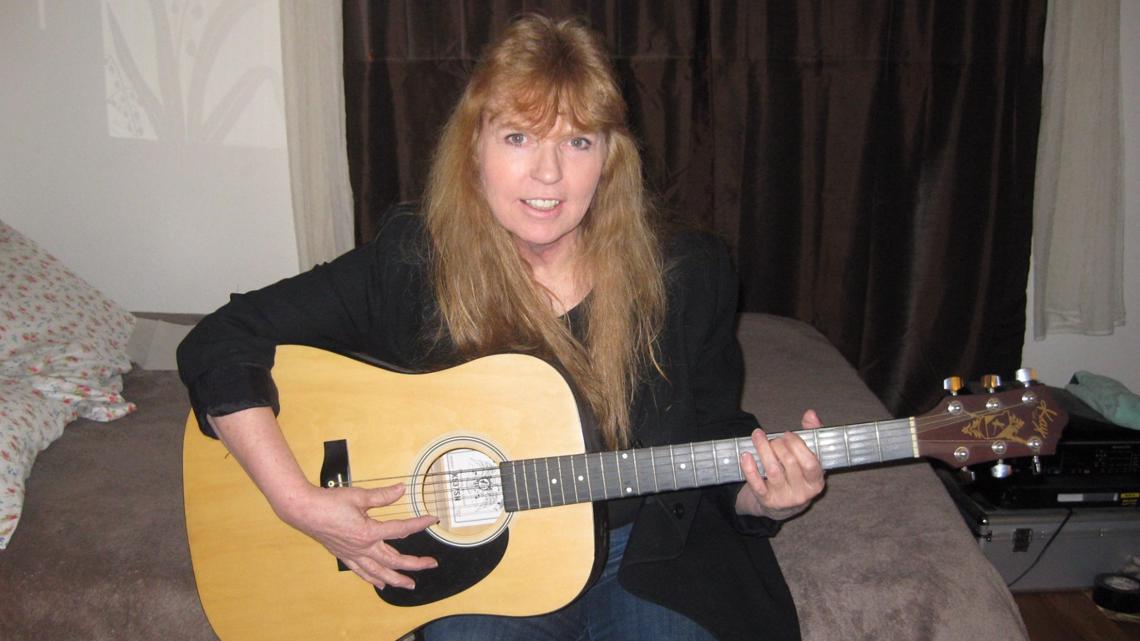
This year marks 32 years as a breast cancer survivor for Fox. She's done countless gigs playing the keyboard and saxophone in local cover bands. Sue started an archival website called WBAN, Women Boxing Archive Network, on the history of women's boxing.
"I created this website thinking nobody would go on it," she said. "In fact, I was told by people, nobody cares about the pioneer fighters. You know, we don't want to hurt your feelings. You're wasting a lot of your time. And I found out they were wrong."
And just the other week, she was inducted into the West Coast Boxing Hall of Fame.
"I feel like a cat, I've lived nine lives," Fox said, laughing. "And I think that's really the secret, is having that love for what you want to do and what you want to accomplish. Thirty two years as a breast cancer survivor, it's probably very important with the fact that I'm in the public a lot with what I'm doing, that I let other women know that there's life after cancer."

